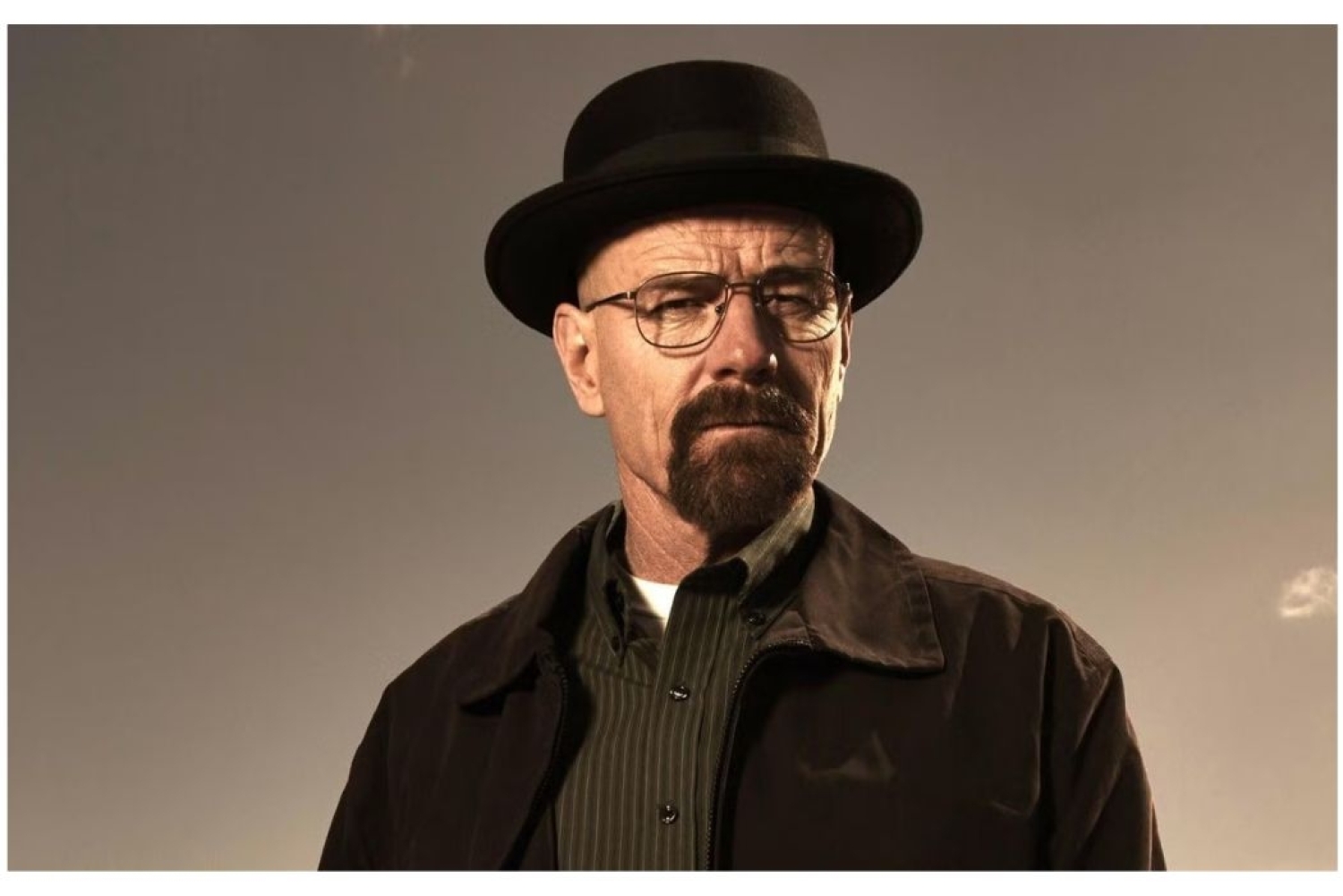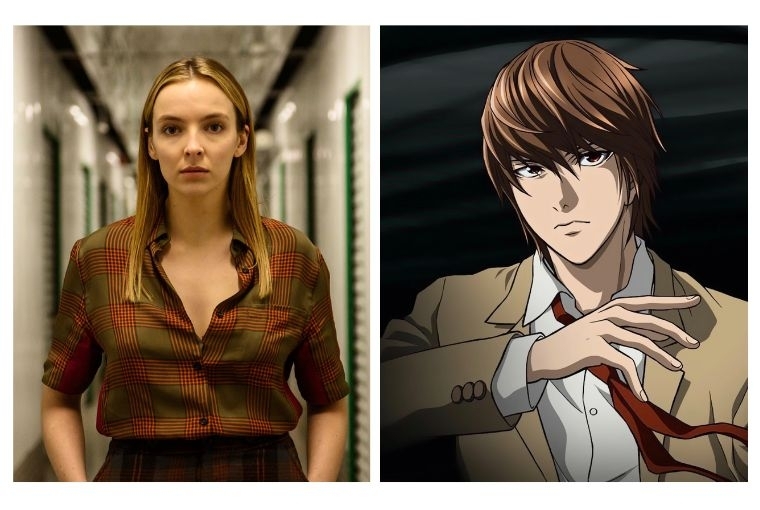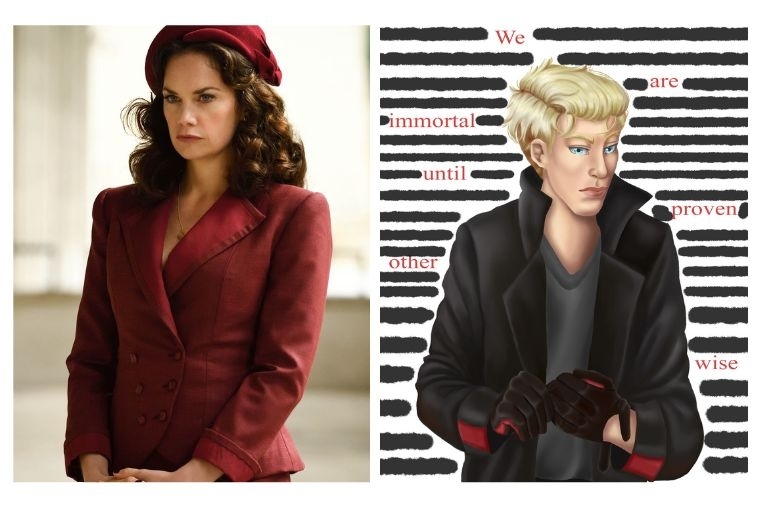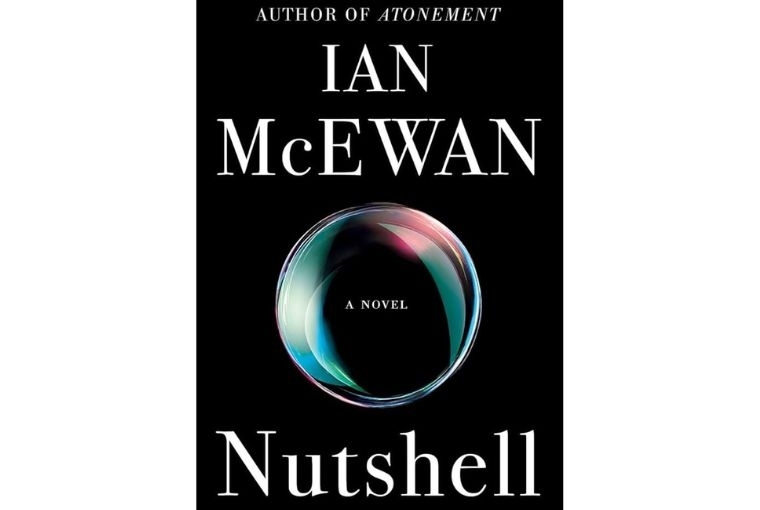
Walter White, Breaking Bad

Walter White, Breaking Bad
The late 1990s and 2000s ushered in a 'golden age' of morally ambiguous protagonists. Unlike traditional one-dimensional villains or noble heroes, these characters cannot surely be placed as right and wrong. Audiences are drawn to them because their moral complexity mirrors real life, they’re flawed, surprising, and ‘anything but predictable’. We find ourselves empathizing with, even rooting for, these antiheroes and villains, who break rules and give voice to dark grievances that ordinary heroes never would. Below, we explore some iconic villains and antiheroes from film, TV, and literature. Each character is morally complex, culturally memorable, and utterly compelling in their own unique way.
Walter White, Breaking Bad
Once a meek high school teacher, Walter White transforms into a ruthless meth kingpin in Breaking Bad. He starts as a desperate man doing wrong for the ‘right’ reasons; providing for his family after a cancer diagnosis, but gradually becomes an ‘antihero turned villain’ who shocks with his cruelty. Across five seasons, Walter evolves into the infamous ‘Heisenberg,’ embracing power and violence. Yet he remains fascinating for viewers: he’s been hailed as ‘one of the greatest and most iconic television characters ever created’ a character whose complex moral ambiguity, balancing family devotion with heinous deeds, makes him both loathsome and darkly relatable.

L: Villanelle, Killing Eve R: Light Yagami, Death Note
Villanelle, Killing Eve
Fashionable, witty, and psychopathic, Villanelle (Oksana Astankova) is a hired assassin who relishes her job. In BBC’s Killing Eve, Villanelle murders with gleeful abandon, yet she’s so charismatic and oddly childlike at times that she becomes perversely endearing. Villanelle’s candor, dark humor, and vulnerability (especially in her obsession with Eve, the MI5 agent pursuing her) make us almost root for her. Luke Jennings, who created the character, said he wanted to test how ‘appalling [he] could make the character and have people still root for her’ and indeed, audiences do. As a flamboyant, multi-layered villain, Villanelle shows that being bad can be disturbingly fun to watch. She’s terrifying yet magnetic, a female antihero as compelling as any male crime boss.
Light Yagami, Death Note
In the anime and manga Death Note, Light Yagami is a top student who gains a supernatural notebook that allows him to kill anyone by writing their name. Disgusted by world injustice, Light initially uses this power to execute criminals, believing he’s creating a utopia free of evil. In these early stages, ‘Light Yagami is the protagonist and anti-hero of the series’ we understand his righteous anger, even as the death toll mounts. But absolute power corrupts absolutely. As the police and a genius detective close in, Light grows increasingly egomaniacal. He sacrifices innocent lives, lies and manipulates, even plots to kill his own allies, all to maintain his god-like alter ego ‘Kira.’

R: Marisa Coulter, His Dark Materials L: Victor Vale, Vicious
Maria Coulter, His Dark Materials
Clad in elegance and cruelty, Mrs. Marisa Coulter is the notorious villain of Philip Pullman’s His Dark Materials trilogy (and its recent TV adaptation). On the surface, Mrs. Coulter is all charm, a ‘beautiful young lady’ with a golden monkey demon and a disarming smile. Underneath, she is utterly ruthless: a scientist who kidnaps children for lethal experiments, an agent of a tyrannical Church, and a master manipulator. Pullman describes her as ‘malice in a fur-lined hood,’ outwardly genteel but inwardly full of ‘cruelty and coldness’.
Victor Vale, Viscious
In Viscious by V.E. Schwab, Victor Vale begins as a brilliant but emotionally detached pre-med student, his intelligence matched only by his latent hunger for control. When a shared experiment with his best friend Eli Ever reveals how near-death experiences can trigger extraordinary abilities, Victor gains powers, and loses his moral compass entirely. What follows is a decade-long vendetta that unfolds like a chess match, with Victor operating by a self-made code: cold logic, unwavering loyalty to the few he deems worthy, and a belief that ‘heroes’ are no more moral than the villains they fight.

Trudy, Nutshell by Ian McEwan
Trudy, Nutshell
In McEwan’s claustrophobic reimagining of Hamlet, Trudy is a woman caught in an affair with her husband’s brother, plotting to poison her spouse so she and her lover can inherit the family home. The narrative’s most unsettling twist is its point of view: her unborn child, impossibly articulate, perceptive, and helpless, narrates every moment of her moral disintegration. Trudy’s villainy is subtle but venomous, rooted in a quiet selfishness that corrodes the domestic space. McEwan renders her as both object of fascination and moral indictment: a figure of elegance masking brutality, a woman whose polite exterior conceals a capacity for calculated betrayal.
Words Harita Odedara
Date 12-8-2025